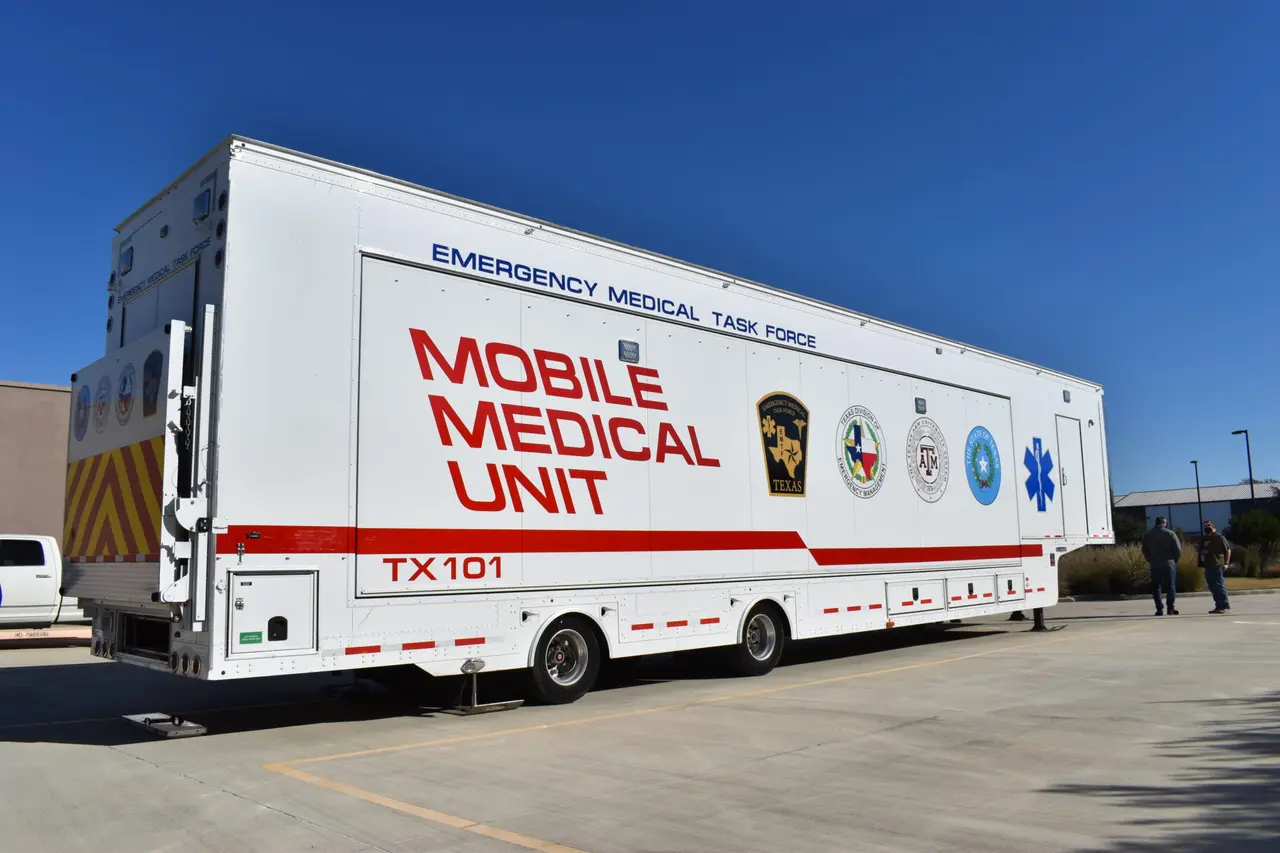Why Are Emergency Response Trailers Important?
What are Emergency Response Trailers?
Emergency response trailers are specialized trailers equipped with essential supplies and equipment to support quick responses during emergencies and disasters. These trailers serve as mobile command centers, providing a centralized location for emergency personnel to coordinate operations efficiently.
Utilized by first responders, firefighters, medical teams, and disaster relief organizations, emergency response trailers play a crucial role in ensuring rapid and effective responses to various crisis situations. These trailers are designed to be versatile, allowing for easy transport to different locations as needed.
Equipped with communication systems, medical supplies, generators, lighting, and other necessary tools, emergency response trailers enable responders to quickly set up a functional base of operations at the scene of an emergency. Their mobility and self-sustainability make them indispensable in emergency management.
The adaptable nature of emergency response trailers allows them to be customized based on specific needs and scenarios. Whether providing medical assistance, shelter, command capabilities, or equipment storage, these trailers are tailored to enhance response capabilities in diverse situations.
In summary, emergency response trailers are essential resources that provide critical support during emergencies by facilitating swift response coordination and ensuring that responders have the necessary tools and facilities to effectively manage crisis situations.
How Do Emergency Response Trailers Aid in Quick Response?
Emergency response trailers aid in quick response by serving as rapid deployment units that can be mobilized to the site of an emergency promptly. These trailers are pre-equipped with the necessary supplies and infrastructure, reducing the time needed to establish a functional command center on-site.
Their strategic positioning near high-risk areas or disaster zones allows emergency personnel to access critical resources and support immediately. By eliminating the need to set up temporary facilities from scratch, emergency response trailers enable responders to focus on executing response strategies efficiently.
The self-sufficiency of emergency response trailers, with built-in power sources and communication systems, ensures that operations can continue seamlessly even in challenging conditions. This autonomy enhances response resilience and the ability to maintain essential services during emergencies.
Moreover, the mobility of emergency response trailers enables rapid relocation based on evolving situational demands. Whether responding to natural disasters, medical emergencies, or public safety incidents, these trailers allow for agile response strategies that can adapt to changing circumstances.
By streamlining response efforts and providing a centralized hub for coordination, emergency response trailers play a vital role in expediting emergency response times, optimizing resource utilization, and ultimately, improving overall outcomes in crisis situations.
What Features Make Emergency Response Trailers Essential?
Several key features make emergency response trailers essential components of crisis management and disaster response efforts. One critical feature is their portability, which enables rapid deployment to affected areas without relying on fixed infrastructure.
Additionally, the scalability of emergency response trailers allows them to accommodate varying response needs, from small-scale incidents to large-scale disasters. This flexibility ensures that emergency personnel have the resources needed to scale their operations based on the severity of the situation.
The integration of advanced technologies within emergency response trailers enhances communication and coordination among response teams, improving overall response effectiveness. These trailers are equipped with satellite communication systems, GPS tracking, and other tools to facilitate seamless information sharing.
Furthermore, the sustainability features of emergency response trailers, such as renewable energy sources and efficient resource management systems, contribute to reducing the environmental impact of emergency response operations. By prioritizing sustainability, these trailers align with modern principles of eco-friendly crisis management.
In summary, the combination of portability, scalability, advanced technologies, and sustainability features makes emergency response trailers indispensable assets in mitigating the impact of emergencies, protecting communities, and enhancing the resilience of response systems.

